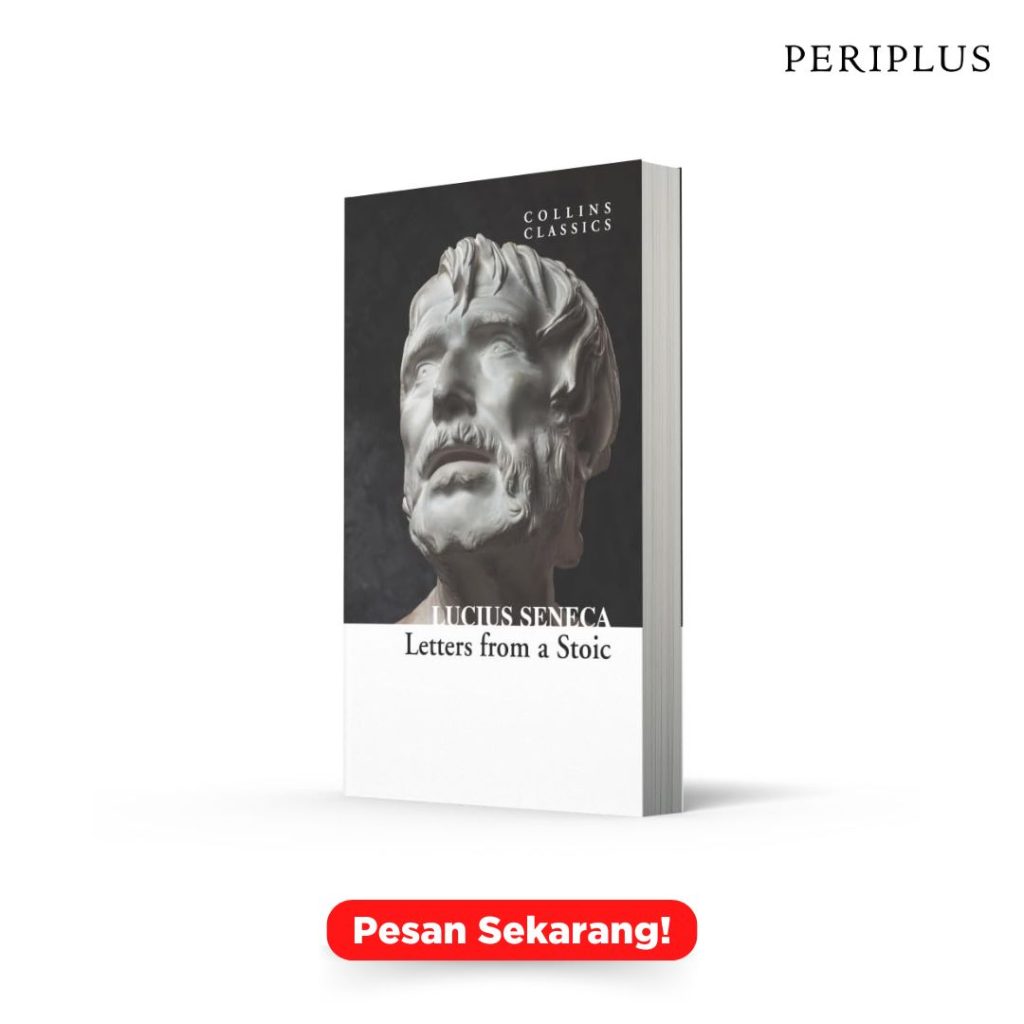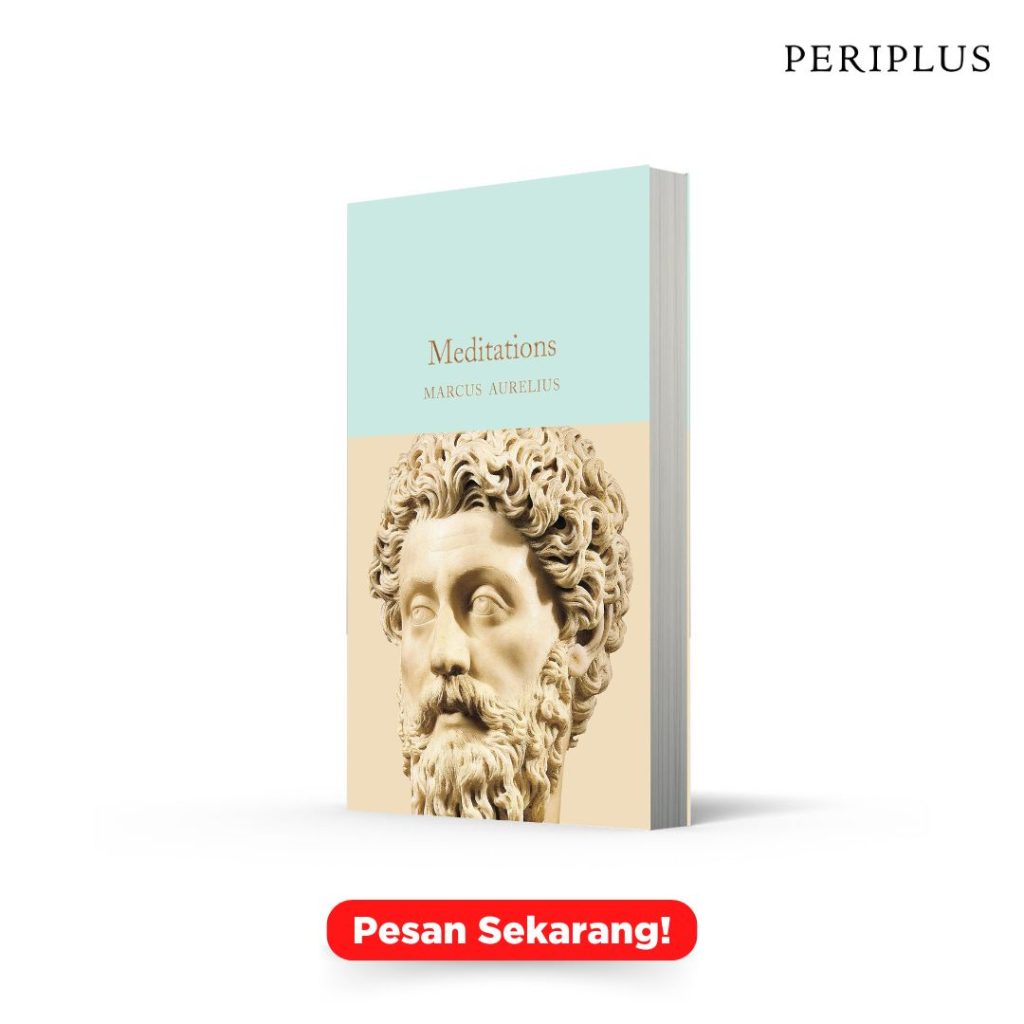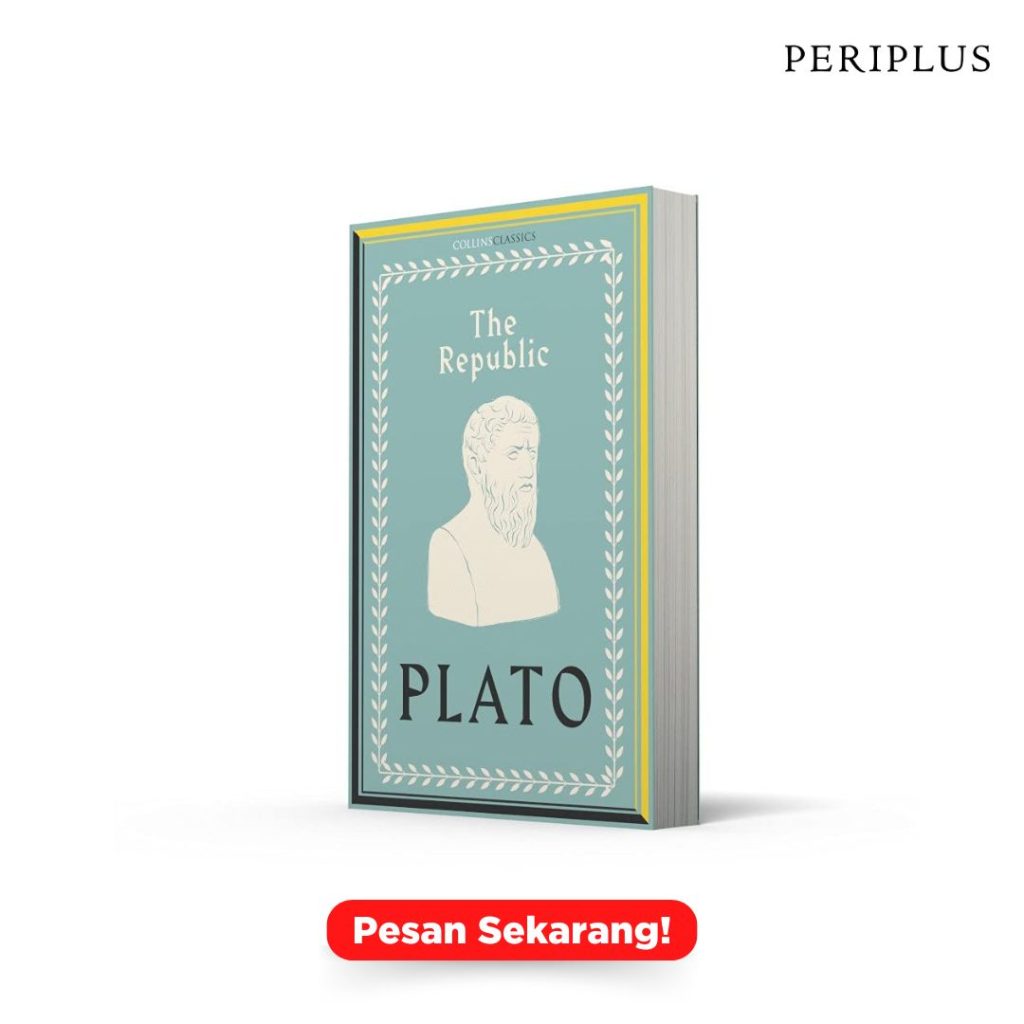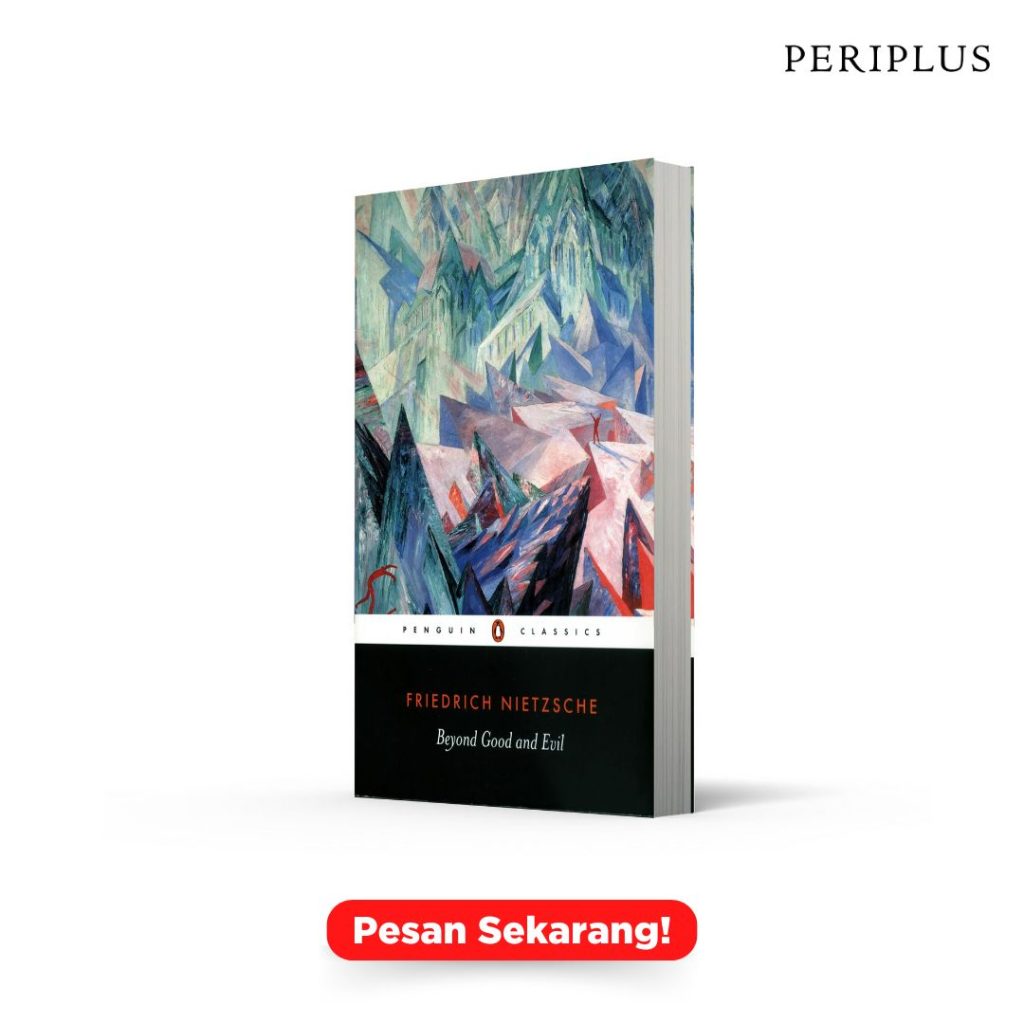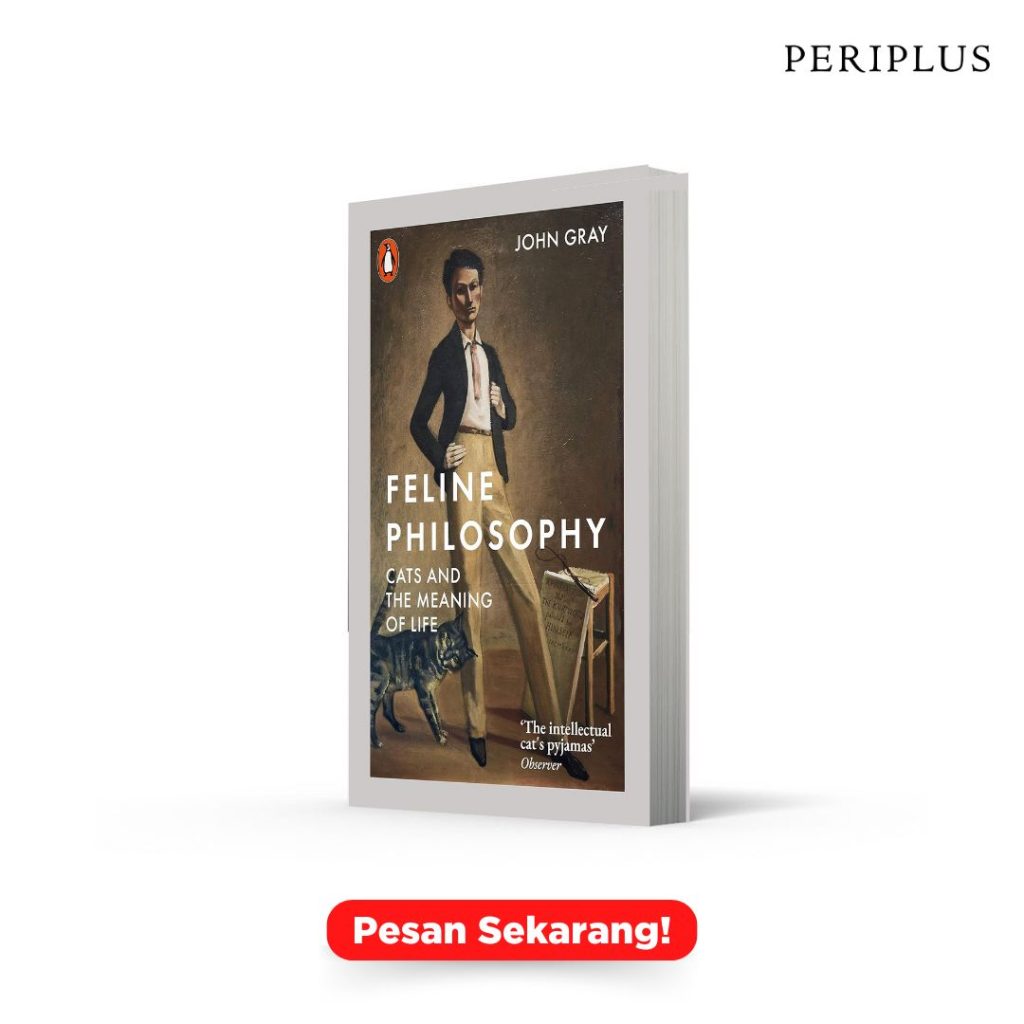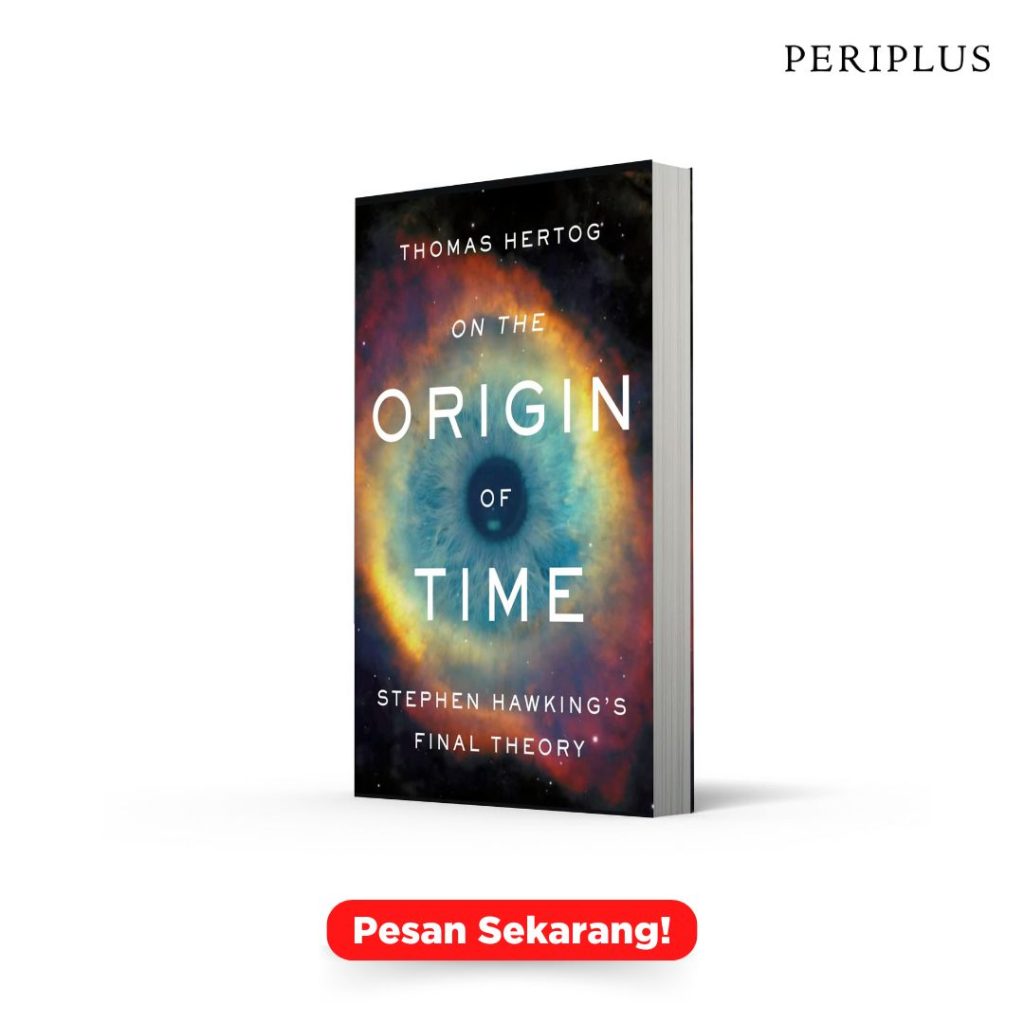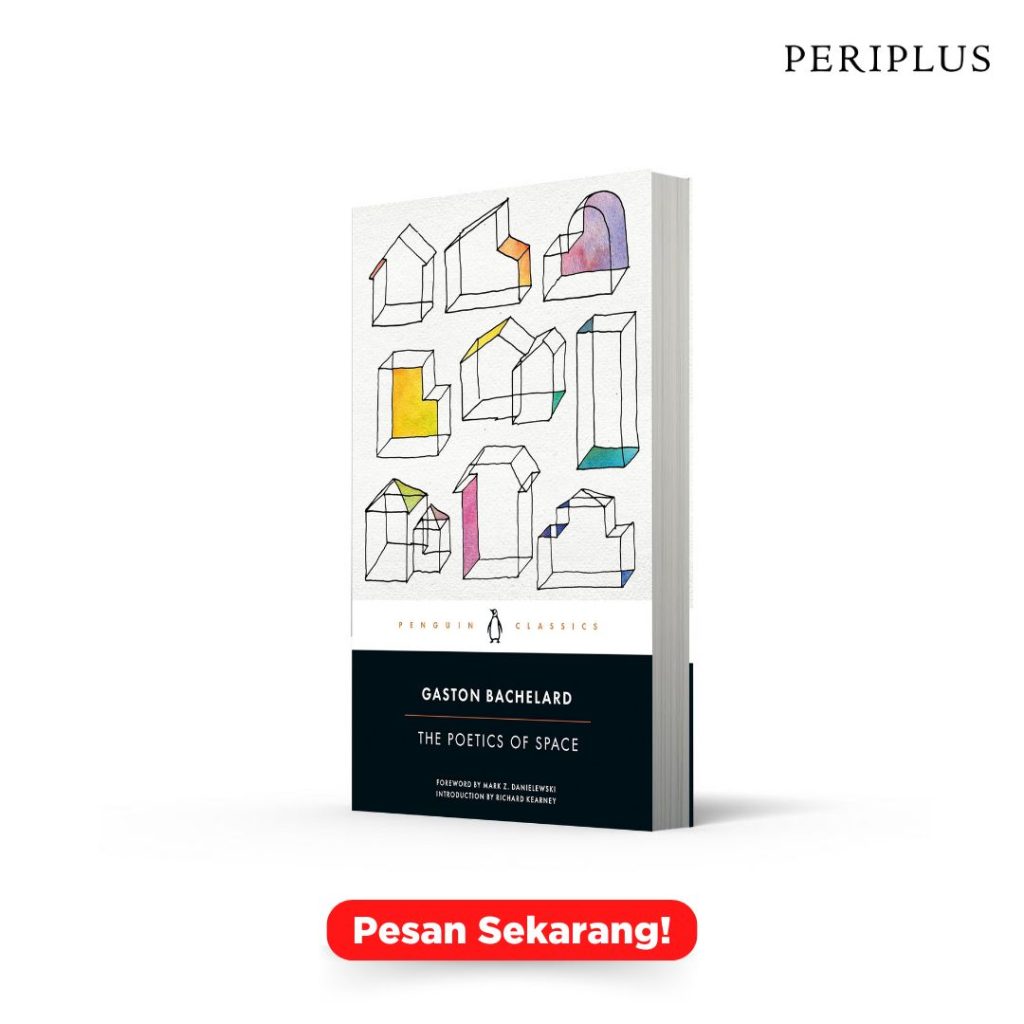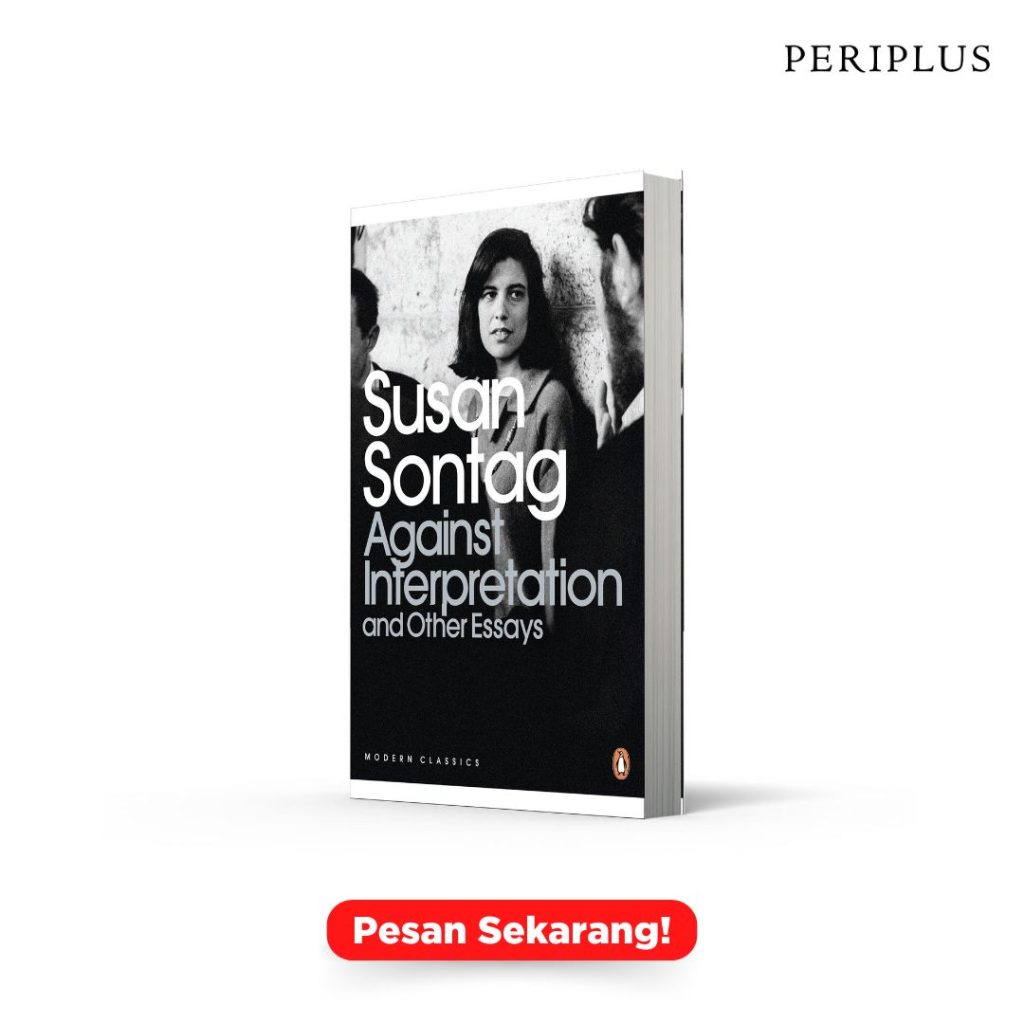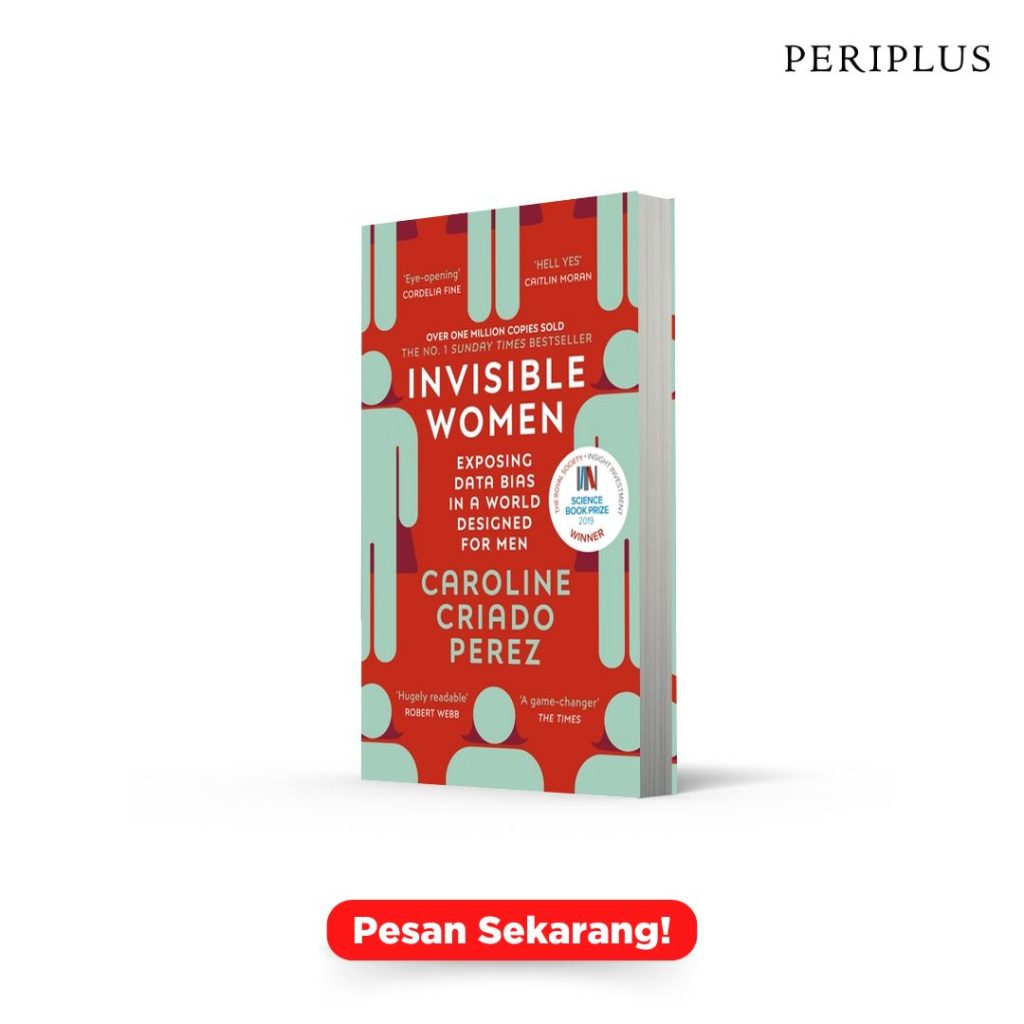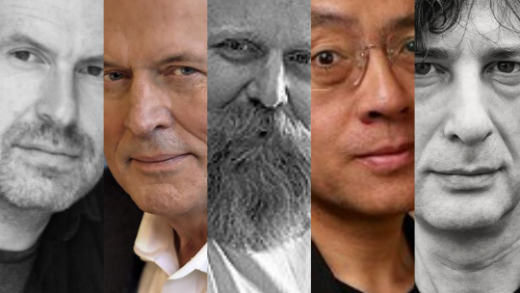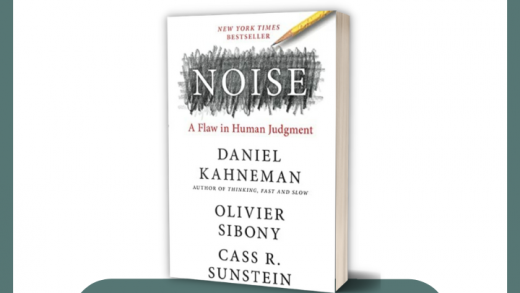
“Gnoti se auton meden agan” yang artinya, “Kenalilah dirimu sendiri, tapi jangan berlebihan!” demikian terukir pada kuil Apollo di Delphi, salah satu tempat suci paling penting dalam dunia Yunani kuno. Begitulah kira-kira filsafat memulai percakapannya dengan hidup kita. Filsafat itu bukan soal sosok berkaca mata, berjenggot lebat, rambut putih panjang, dan dahi berkerut. Justru, para filsuf dari awalnya berniat diri mengajak kita berbicang dan merenung, “Bener nggak sih yang kamu yakini itu?”
Kerap kali, Filsafat yang dianggap njlimet itu seperti cermin yang membuat kita ketawa, kadang malah bikin kita malu sendiri. Atau, kalau menggunaan istilah kekinian, “Oh iya ya … related!”
Filsafat, dari maknanya sendiri, ditujukan memang sebagai ilmu yang mengajak manusia untuk mencari dan mencintai kebijaksanaan. Tahu mengapa? Sebab, pada dasarnya manusia itu masih kurang bijak. Maka, para filsuf Yunani kuno menawarkan gagasan reflektif, “Kamu itu bukan dewa yang sempurna. Kamu itu manusia. Kamu itu belum tahu apa itu kebijaksanaan. Ayo, kita cari bersama.”
Dengan mengusung beberapa pendekatan, seperti salah satunya, dialektika, di tangan para filsuf, kita diajak untuk selalu melihat ke dalam diri, mencari jawaban, meragukannya, mendiskusikannya, menarasikannya dalam retorika, mensintesiskan ulang, dan lantas … meragukannya kembali.
Melalui konten ini, Perimin mau berbagi kepada BiblioBesties, kutipan panjang yang agak serius berdasarkan buku-buku–yang ada di meja kerja Permin–yang bertema filsafat dan para penulis yang dinyatakan sebagai filsuf.
1. Letters from a Stoic
[T]he wise man is sufficient unto himself for a happy existence, but not for more existence. For he needs many helps towards mere existence; but for a happy existence he needs only a sound and upright soul,
Lucius Seneca
one that despise Fortune.
2. Meditations
Do externals tend to distract you? Then give yourself the space to learn some further good lesson, and stop your wandering. That done, you must guard against the other sort of drift. Those who are dead to life and have no aim for the direction of every impulse and, more widely, every thought are drivellers in deed as well as word.
Marcus Aurelius
3. Republic
Dialectic, then, as you will agree, is the coping-stone of the sciences, and is set over them; no other science can be placed higher—the nature of knowledge can no further go?
Platon
4. Beyond Good and Evil
Few are made for independence—it is a privilege of the strong. And he who attempts it, having the completest right to it but without being compelled to, thereby proves that he is probably not only strong but also daring to the point of recklessness. He ventures into a labyrinth, he multiplies by a thousand the dangers which life as such already brings with it …
Friedrich Nietzsche
5. Feline Philosophy
Whereas happiness in humans is an artificial state, for cats it is their natural condition. Unless they are confined within environments that are unnatural for them, cats are never bored. Boredom is fear of being alone with yourself. Cats are happy being themselves, while humans try to be happy by escaping themselves.
John Gray
6. On the Origin of Time
Our activities, from online shipping to our scientific practice, would be reduced to mere data points that can be analyzed with the same methods we use to study particle collisions or the behavior of rats in the lab. Our pride in what we can do would dissolve into some kind of mutation of the human race, transforming us from subjects of Earth to mere objects.
Thomas Hertog
7. The Poetics of Space
Words—I often imagine this—are little houses, each with its cellar and garret. Common-sense lives on the ground floor, always ready to engage in ‘foreign commerce,’ on the same level as the others, as the passers-by, who are never dreamers. To go upstairs in the word house is to withdraw, step by step; while to go down to the cellar is to dream, it is losing oneself in the distant corridors of an obscure etymology, looking for treasures that cannot be found in words.
Gaston Bachelard
8. Against Interpretation and Other Essays
One link between novels and films that is frequently made, however, does not seem very useful. That is the old saw about dividing directors into those who are primarily ‘literary’ and those who are primarily ‘visual.’ Actually, there are few directors whose work can be so simply characterized. A distinction at least as useful is that between films which are ‘analytic’ and those which are ‘descriptive’ and ‘expository.’
Shoshana Zuboff
9. Invisible Women
There’s a very simple reason that a powerful woman is experienced as a norm violation: it’s because of the gender data gap. I personally grew up heavily buying into the myth that women are just … a bit rubbish. Yes, this was partly because that’s how women ar represented in the media (consumerist, trivial, irrational) but it’s also because women are so under-represented.
Caroline Criado Perez
***
Nah, di atas tadi kutipan-kutipan dari para Filsuf kesayangan Bibliobesties. Semoga kutipan dan gagasan yang Perimin bagikan bisa membuat BiblioBesties terinspirasi untuk lebih banyak merenung, berdialog, dan tentu saja, menemukan momen “Oh iya ya … related!” dalam kehidupan sehari-hari. Sebab, menjadi manusia berarti terus belajar dan berkembang. Dalam perjalanan ini, filsafat menjadi teman perjalanan yang menginspirasi, bukan hakim yang menghakimi.
Jika Bibliobesties hendak membaca kutipan-kutipan lainnya, temukan di sini!

